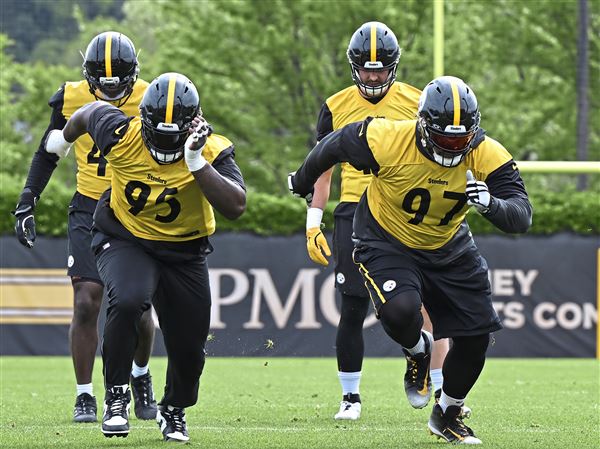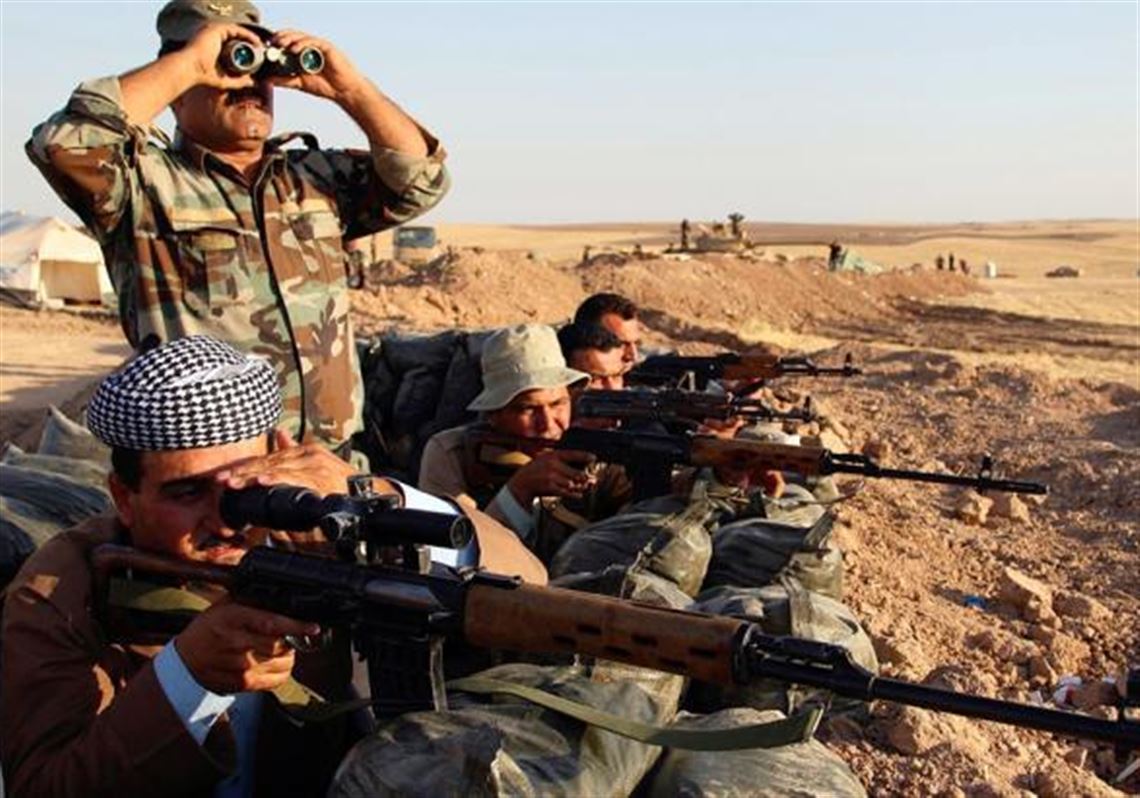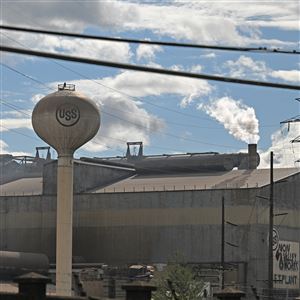Through a combination of ignorance and successive presidents allowing the military to use Kurds in the Middle East as mercenary forces, America is about to be dragged into yet another Middle Eastern war, this one including on the opposing side Iran, Iraq, Syria and even NATO ally Turkey. It will be expensive and cannot possibly come out right.
Kurds in northern Iraq are going to have a referendum on creating an independent Kurdistan Sept. 25. They will vote overwhelmingly in favor.
There are some 30 million Kurds in the world, most of them in Iran, Iraq, Syria and Turkey. Although fairly well established and already operating autonomously in northern Iraq, the Kurds are renowned for believing that the land on which they live is Kurdish property. From their perspective, parts of Iran, with 9 million Kurds; Syria, with 2 million; Turkey, with 15 million; and Iraq, with 6 million, should be ruled by Kurds.
The United States, since 1992, feeling sympathetic to the Kurds as they were kicked around by the government of former Iraqi President Saddam Hussein, has protected them. In recent years, the United States has used them to fight perceived U.S. enemies.
The first round included having the U.S. military create a “no fly” zone to protect the Kurds against attacks by Hussein’s air force. Then they were used against Hussein in 2003 when President George W. Bush ordered the U.S. invasion of Iraq.
The Kurds’ “peshmerga” fighters are among the best in the Middle East, especially when armed and trained by U.S. troops. Also, in general, when U.S. forces can find reasonably effective foreign troops to fight their battles, that is better in terms of perceptions at home. There are fewer U.S. casualties and, over the long haul, it might even cost less. Another example was when U.S. forces in Kosovo in the late 1990s got Kosovo Liberation Army militias to flush out Serbian forces so that U.S. air assets could bomb them, rather than using U.S. ground forces.
In the meantime, as the U.S. occupation of Iraq proceeded, U.S. businessmen, including former ambassador Peter W. Galbraith, a prominent spokesman for the Kurds, began to find the Kurds in northern Iraq to be sympathetic commercial partners, more so than other Iraqis, and focused particularly on the oil fields in the Kurdish region.
Eventually, U.S. forces in Iraq came increasingly to rely on Kurdish militias to fight alongside them, or in front of them. That was the case in the long campaign to take Mosul, Iraq’s third-largest city, which finally fell in July to a combination of Iraqi government forces, Kurdish peshmerga and Shiite militias, backed by U.S. forces. Peshmerga now play a prominent role in the campaign in Syria to take Raqqa, the proclaimed capital of the Islamic State.
All of this is fine, in the sense that Americans would rather see Kurds die in these quests than Americans. But there will come a time for America to pay the piper, according to the Kurds. That may come after the Sept. 25 vote for Kurdish independence.
Problems will ensue. One will be that the Kurds are divided by clan. Classically, when not fighting a common enemy, they fight among themselves.
But this will be nothing compared to the likely reaction of Iraq, Iran, Syria and, especially, Turkey, when the Kurds move to take formal control of what they consider to be their destined homeland.
Iraq will be hit hardest. Its leader, Prime Minister Haider al-Abadi, will be forced politically to pitch a fit if his government loses de jure control of the Kurdish part of Iraq — in addition to de facto control, which already is lost — especially its oil resources. A Kurdish secession would be a major blow to post-U.S. occupation Iraq, though the Kurds would expect the United States to prevent Mr. al-Abadi’s government from taking military action against them.
The most dangerous of the opponents to the creation of an independent Kurdistan will be Turkey. Up to 25 percent of its population is Kurdish, and its Kurds have been hard to keep under control. Turkey is, of course, an important U.S. NATO ally as well as a significant regional power. It is notoriously intolerant of Kurdish motions toward autonomy inside Turkey. It is also is not happy that the United States harbors Fethullah Gulen, a religious and political figure it accuses of fostering the unsuccessful coup against the government of Recep Tayyip Erdogan last year. Turkey would be furious if the United States supported Kurdish separatism.
Syria is a mess and its government would not be able to mount an effective opposition to its Kurds, although if Russia backed Bashar Assad’s government in that enterprise, things could get messy. A Kurdish grab of part of Iran would probably be just too difficult to pull off.
In any case, when the Kurds vote for independence, if they start to implement it and, as the governments of the lands they claim start to strike back, the situation for the United States will become very unfortunate. We will either have to disown the Kurds and their ambitions or help them fight their enemies, including powerful ones such as Iran, Iraq and Turkey — all because of a lack of farsightedness and planning by Presidents George H.W. Bush, Bill Clinton, George W. Bush, Barack Obama and, now, Donald J. Trump.
Is this really necessary?
Dan Simpson, a former U.S. ambassador, is a Post-Gazette associate editor (dsimpson@post-gazette.com, 412-263-1976).
First Published: September 13, 2017, 4:00 a.m.
















